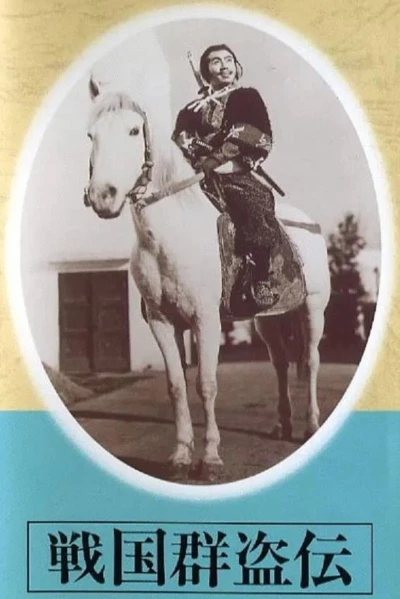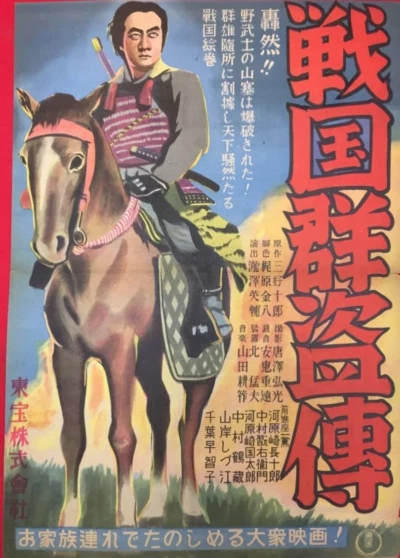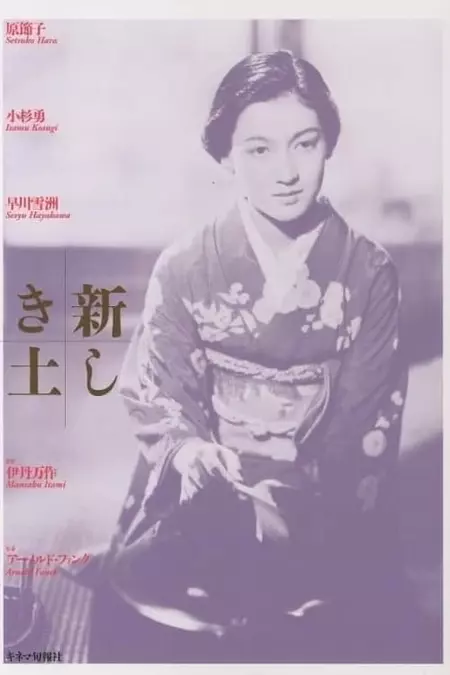Biography
(No Information)
Filmography
all 7
Movies 7
Composer
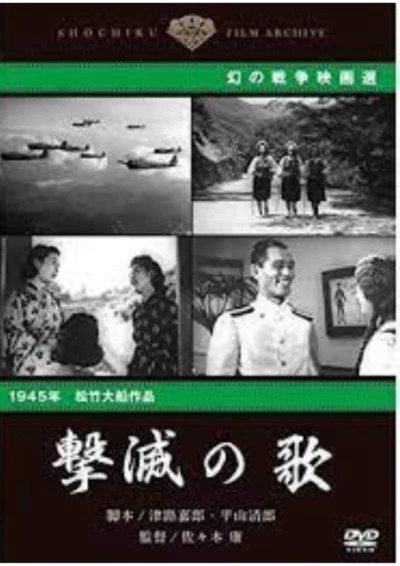
Gekimetsu no uta (1945)
Movie
Original Music Composer / Songs

The Burning Sky (1940)
Movie
Composer
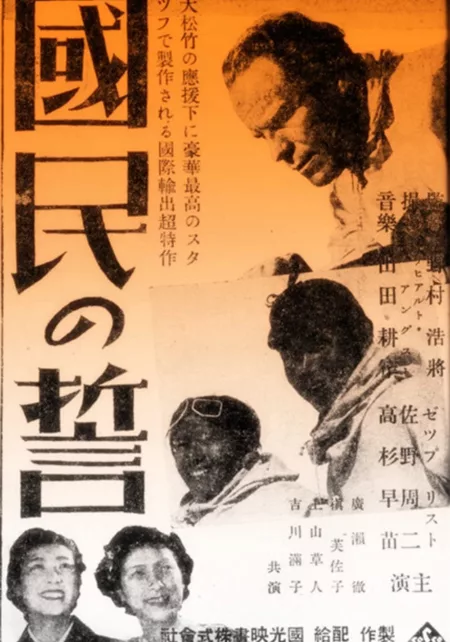
Kokumin no chikai (1938)
Movie
Information
Known ForSound
GenderMale
Birthday1886-06-09
Deathday1965-12-29 (79 years old)
Birth PlaceTokyo, Japan
SiblingsTsuneko Gauntlett
CitizenshipsEmpire of Japan, Japan
AwardsLegion of Honour, Person of Cultural Merit, Order of Culture
This article uses material from Wikipedia.
Last updated:
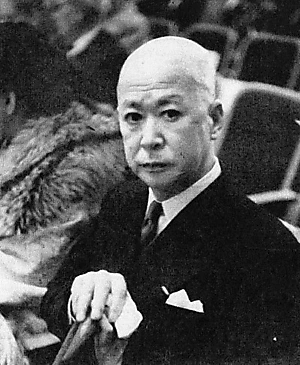 Kosaku Yamada
Kosaku Yamada- Filmography
- Information
